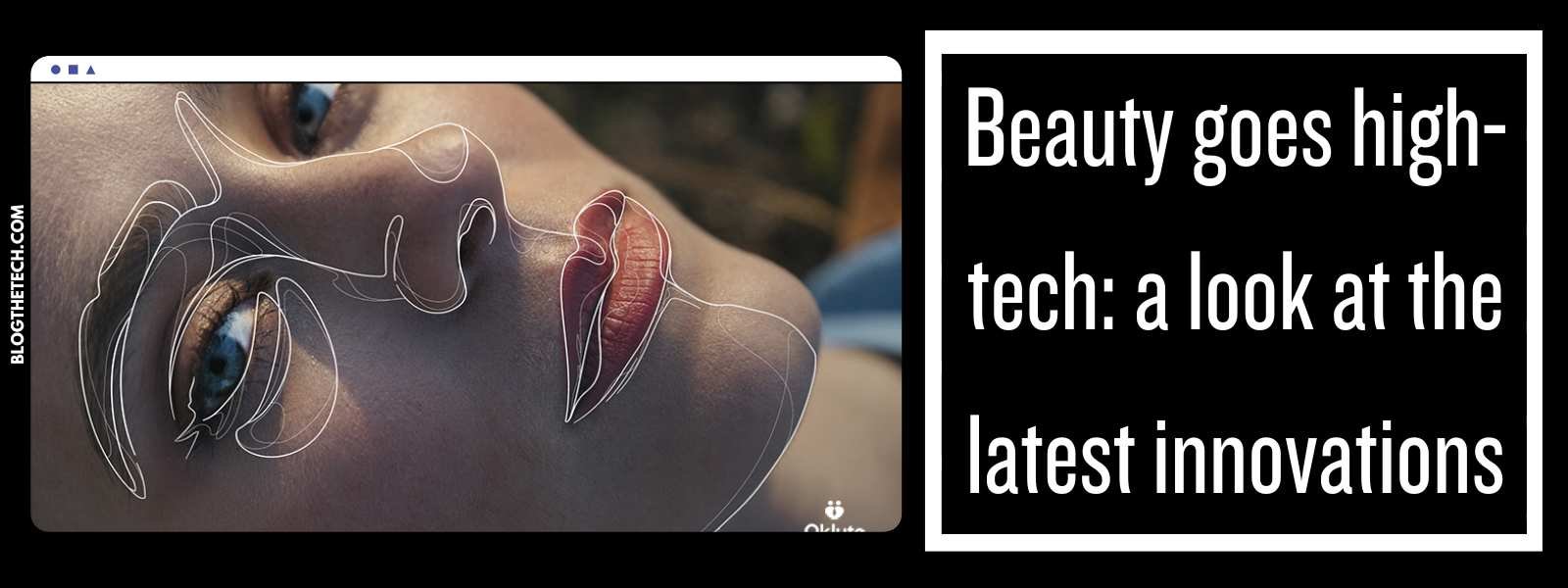We’ve all heard about the many ways technology and our devices can negatively affect sleep. From avoiding the blue light of electronic devices to delaying your nightly bedtime due to binge-watching the next great show, there are seemingly endless ways technology can seriously get in the way of a good night’s rest.
It may even seem like you have to choose between getting a good night’s sleep or tossing your iPhone completely. But it’s not all doom and gloom when it comes to your must-have technology gadgets. There are plenty of positive ways to use technology that may help you get a better night’s sleep too.
Let’s take a look at some smart ways you may be able to use technology to actually improve your nightly slumber and wake up feeling more rested and refreshed.
Online Therapy To Improve Sleep
Getting enough restful sleep is a widespread problem facing adults today. A recent study revealed 33-50% of adults reported sleep issues with both difficulty falling asleep and issues with staying asleep on a regular basis.
The same study identified online cognitive behavioral therapy (CBT-i) as the most effective treatment for insomnia that didn’t involve drugs. Online therapy offers unique technology and benefits for someone experiencing abnormal sleep patterns.
Feeling exhausted during the day can make everything in life seem more difficult. Getting to a therapy appointment in a traditional office setting can be the last thing you want to do after an exhausting day. Online therapy provides a convenient way to get support for insomnia from the comfort of your home.
Online therapy platforms may also offer more flexible ways to interact with your therapist when compared to in-person treatment, such as in-app messaging that allows you to reach out at any time day or night – which can be beneficial if you’re experiencing sleepless nights.
Set Healthier Screen Limits
While setting limits on technology may seem like something you’d do to kids, limiting screen time is something adults can benefit from too. Try using software and apps to limit screen time and encourage healthy breaks from staring at your computer and phone.
In one sleep study, people reading e-books at night didn’t fall asleep as quickly as people who read a good old fashion printed book. The e-book readers in the study also experienced lower morning alertness.
Some phones and tablets have self-limiting settings that can help. For example, if you’re an iPhone user, try setting up Screen Time to limit yourself in settings. Setting limits on tech and stepping away from your devices before bed can help you get a better night’s sleep.
Uncover Sleep Insights With Wearable Trackers
Not surprisingly better fitness routines can lead to better sleeping habits. Fitness trackers can make it easy to better understand your activity levels and may help you better identify your sleeping patterns.
Many fitness trackers have built-in technology that gives you a sleep rating and can help you understand more about your nightly sleep, and perhaps why you feel less than refreshed when the alarm goes off. Some wearable trackers even track REM sleep and go into depth in tracking sleep phases to show why you may not feel alert during the day.
Final Thoughts
While technology has the potential to negatively affect sleep, the good news is there are many ways to adjust your use of technology to actually improve your sleep. Look at the available software settings that are already part of your computers, tablets, and phones. Consider avoiding blue light from devices at night and take steps to improve your nightly sleep routine, including connecting with professional support for sleep issues.





